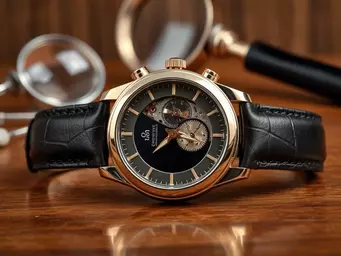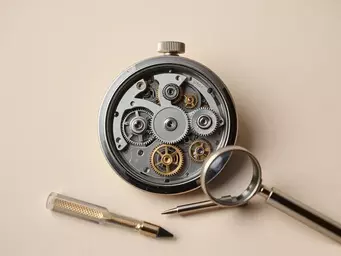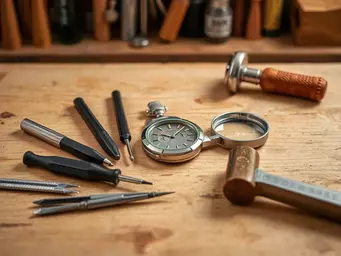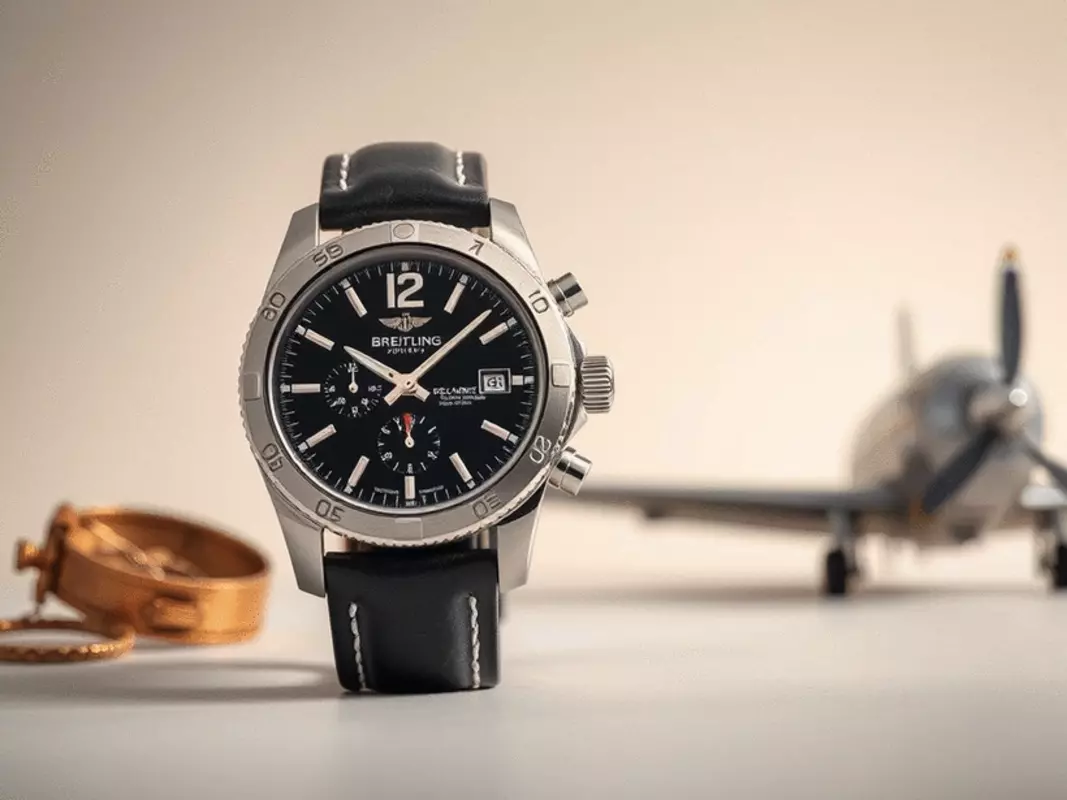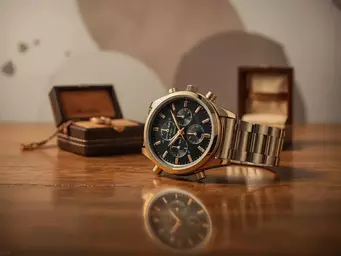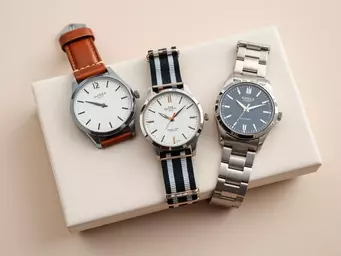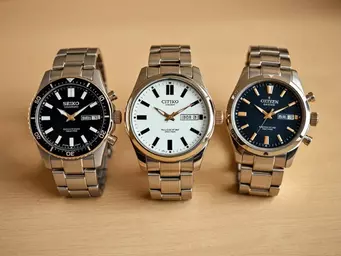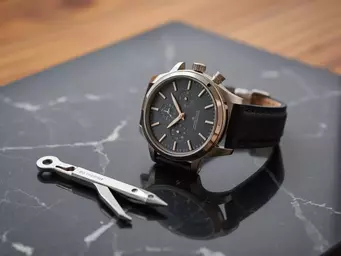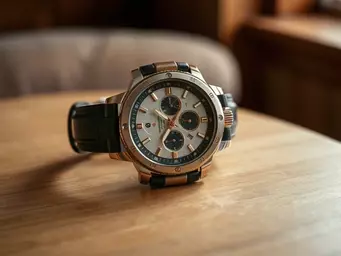Mechanical or Quartz: Your Choice
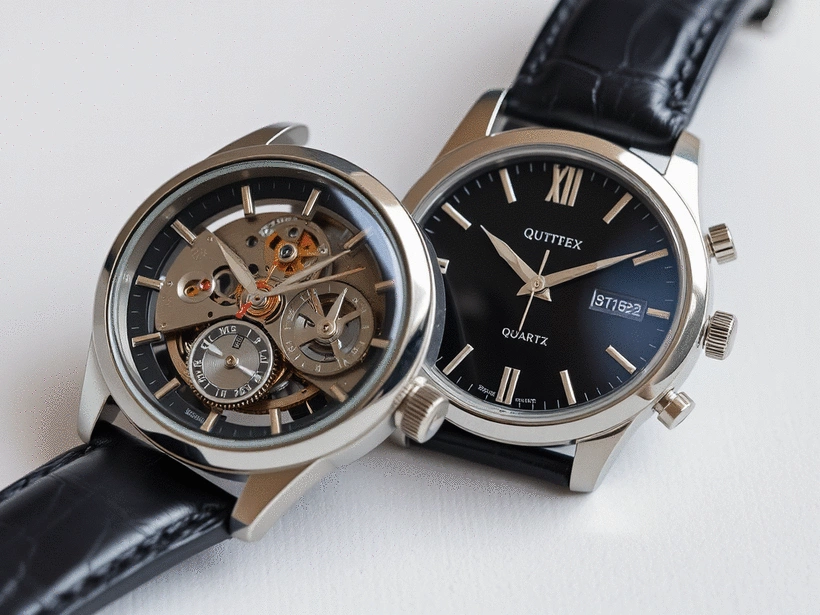
Choosing the right watch movement can transform your wristwatch experience. Have you ever considered how the mechanics behind your timepiece affect its performance and your daily life? Let’s explore the essential factors that can guide your decision-making in the intricate world of horology.
What You Will Learn
- Understand the key differences between mechanical and quartz watch movements, including their pros and cons.
- Recognize how accuracy, maintenance, and craftsmanship play a significant role in your watch selection.
- Explore the distinction between automatic and manual mechanical movements and their unique characteristics.
- Identify personal preferences and lifestyle needs that will guide you towards the perfect wristwatch choice.
Mechanical vs. Quartz Watch Movements
Understanding the core differences between mechanical and quartz watch movements is crucial for any watch enthusiast. This comparison highlights key aspects that influence accuracy, maintenance, craftsmanship, and overall ownership experience.
Mechanical Movements
- ✓Powered by gears & springs
- ✓Valued for craftsmanship & artistry
- ✓Requires regular servicing
- ✓Can be automatic or manual winding
Quartz Movements
- ✓Powered by battery & quartz crystal
- ✓Known for superior accuracy
- ✓Low maintenance requirements
- ✓Reliable and ease of use
Understanding Watch Movements: Mechanical vs. Quartz
Choosing a wristwatch isn’t just about style; it’s also about understanding the movements that power your timepiece. The right movement type can profoundly impact your watch's accuracy, durability, and even your daily experience wearing it. As a passionate horologist, I’ve found that knowing the differences between mechanical and quartz movements is essential for anyone looking to elevate their watch game!
Whether you prefer the intricate art of a mechanical watch or the precision of a quartz timepiece, selecting the right movement type is a critical step in your watch journey. Each has its own benefits and unique characteristics, so let's delve deeper into the world of watch movements.
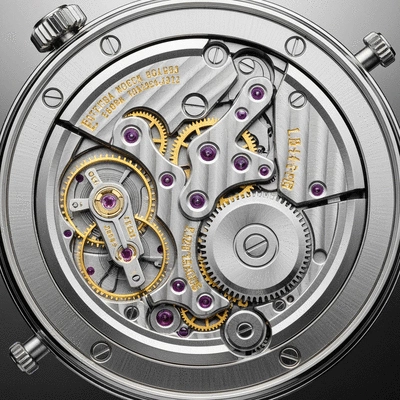
The Importance of Choosing the Right Movement Type
When it comes to wristwatches, the movement is the heart of the piece. Understanding this can help you make an informed decision. Here are a few reasons why the movement type matters:
- Accuracy: Quartz watches are known for their precision, while mechanical watches offer a more traditional craftsmanship. For a detailed comparison of accuracy and other factors, you can refer to this comprehensive guide on quartz vs. mechanical vs. automatic watches.
- Maintenance: Each type has different maintenance needs, which can affect your ownership experience.
- Personal Style: The movement can reflect your personal style, whether you appreciate the art of horology or value functionality.
By recognizing these factors, you can choose a watch that truly aligns with your lifestyle and preferences.
Defining Mechanical and Quartz Movements
Let’s break down the fundamental differences between the two main types of watch movements:
- Mechanical Movements: Powered by a system of gears and springs, they can be further divided into automatic and manual movements. These movements are often celebrated for their craftsmanship and the artistry involved in their creation, offering a unique appeal to collectors and enthusiasts.
- Quartz Movements: Powered by a battery and a quartz crystal, these watches are lauded for their accuracy and low maintenance. They are appreciated for their reliability and ease of use, making them a practical choice for everyday wear. For more insights on the distinctions, this article on mechanical and quartz watches provides excellent context.
Each type offers something unique, making it essential to consider which aligns best with your needs.
Exploring Automatic and Manual Movements in Depth
Diving deeper into mechanical movements, we can categorize them into automatic and manual types:
- Automatic Movements: These self-winding watches harness energy from the wearer's wrist movement, eliminating the need for manual winding. For more information on how automatic movements compare to other types, explore this blog on quartz vs. mechanical vs. automatic movements.
- Manual Movements: These require the wearer to manually wind the crown to store energy, offering a more hands-on experience.
For watch enthusiasts like myself, there's something captivating about the intricate mechanisms of automatic and manual movements. They tell a story of engineering marvel and human craftsmanship, making them a delightful choice for collectors and aficionados alike!
Interactive Poll: Your Watch Preference
As you consider your next watch purchase, we'd love to hear your thoughts! Which type of watch movement resonates more with you?
Frequently Asked Questions about Watch Movements
What is the main difference between mechanical and quartz watch movements?
Mechanical movements are powered by a system of gears and springs, relying on intricate craftsmanship. Quartz movements are powered by a battery and a quartz crystal, known for their superior accuracy and lower maintenance.
Are mechanical watches more accurate than quartz watches?
Generally, quartz watches offer superior accuracy due to the consistent oscillations of the quartz crystal. Mechanical watches, while highly precise, typically have a greater deviation in timekeeping compared to quartz.
What is the difference between automatic and manual mechanical movements?
Automatic mechanical movements are self-winding, harnessing energy from the wearer's wrist movement. Manual mechanical movements require the wearer to manually wind the crown to power the watch.
Why do mechanical watches require more maintenance?
Mechanical watches have numerous small, intricate parts that need regular cleaning, lubrication, and adjustment to ensure proper functioning and longevity. Quartz watches, with fewer moving parts, typically require less frequent servicing.
Which watch movement is best for daily wear?
The best movement for daily wear depends on personal preference and lifestyle. Quartz watches are often preferred for their robustness, accuracy, and low maintenance, making them practical for everyday use. Mechanical watches are chosen by those who value craftsmanship and the traditional art of horology, despite requiring more care.
Summarizing Key Takeaways on Watch Movements
As we wrap up our exploration of watch movements, it’s crucial to remember the major factors that can influence your decision. The choice between mechanical and quartz movements often comes down to personal preferences such as style, maintenance, and intended use. Each movement type has its unique advantages, and understanding these can help you find the perfect wristwatch that reflects your individuality.
Here’s a quick recap of the key factors to consider:
- Accuracy: Quartz watches are known for their superior accuracy, while mechanical watches often appeal for their craftsmanship.
- Maintenance: Quartz watches require less maintenance than their mechanical counterparts, which often need regular servicing.
- Craftsmanship: Mechanical watches showcase intricate artistry and heritage, making them a favorite among collectors.
- Durability: Consider the durability requirements based on your lifestyle; quartz may be better for active wearers.
With these factors in mind, it's easier to align your choice with your personal style and practical needs. Have you thought about which watch movement suits you best?

Choosing Between Mechanical and Quartz: A Recap of Factors
Deciding between a mechanical or quartz watch involves weighing various elements. Here are some questions you might ask yourself:
- Do I prefer a watch that requires less upkeep?
- Am I drawn to the artistry and history associated with mechanical watches?
- What activities will I primarily use my watch for?
- How much am I willing to invest in my timepiece?
Reflecting on these questions can guide you to the right choice, balancing your passion for horology with practical considerations!
Finding the Right Watch That Fits Your Needs
At Wrist Watches for Men, we believe that the perfect watch is not just about telling time; it’s about making a statement. Whether you’re looking for a rugged watch for outdoor adventures or an elegant piece for formal occasions, the right watch can enhance your wardrobe.
When you're evaluating options, consider:
- Your personal style and wardrobe
- Functionality—does it suit your daily activities?
- Budget—what are you comfortable spending?
- Brand reputation and heritage
By focusing on these aspects, you’ll find a watch that truly resonates with your personality and lifestyle. Remember, the right wristwatch can be a conversation starter!
Encouraging Informed Decision-Making in Watch Purchases
Making an informed decision is key when purchasing a watch. With so much information available, it’s essential to sift through options thoughtfully. I encourage you to explore resources, engage with communities, and ask questions. Knowledge is power, especially in the world of horology!
Your Next Steps: Evaluating Personal Preferences
As you embark on your watch-hunting journey, consider reflecting on your preferences. Take time to:
- Assess your lifestyle needs—what features are essential for your routine?
- Explore different styles—visit local shops or browse online to see what catches your eye.
- Read reviews and compare brands—join forums or discussions to gather insights from fellow enthusiasts.
Getting to know your preferences will lead you to a timepiece that feels just right on your wrist.
Engaging with Watch Communities for More Insights
Connecting with fellow watch enthusiasts can be incredibly rewarding. Communities, whether online or in-person, provide a wealth of knowledge and support. You might discover:
- Insightful discussions on watch brands and movements
- Tips on maintenance and care
- Updates on trends and new releases in the watch world
- Access to exclusive events, forums, and exhibitions
So don’t hesitate to join these conversations! You might even find your next favorite watch through a community member’s recommendation.
Exploring Watch Exhibitions and Fairs for Inspiration
Attending watch exhibitions and fairs is a fantastic way to immerse yourself in the world of horology. These events often showcase a variety of brands and movements, allowing you to:
- See watches up close and try them on
- Meet industry experts and enthusiasts
- Gain insights into new technologies and designs
- Participate in workshops or discussions about watchmaking
Keep an eye on local events and plan a visit to one of these exhibitions. It’s not just a shopping opportunity; it’s a chance to deepen your appreciation for the art of watchmaking!
Recap of Key Points
Here is a quick recap of the important points discussed in the article:
- Accuracy: Quartz watches offer superior accuracy, while mechanical watches are valued for their craftsmanship.
- Maintenance: Quartz watches require less maintenance compared to mechanical watches, which need regular servicing.
- Craftsmanship: Mechanical watches showcase intricate artistry and heritage, appealing to collectors and enthusiasts.
- Durability: Consider your lifestyle; quartz may be better suited for active wearers due to its robustness.
